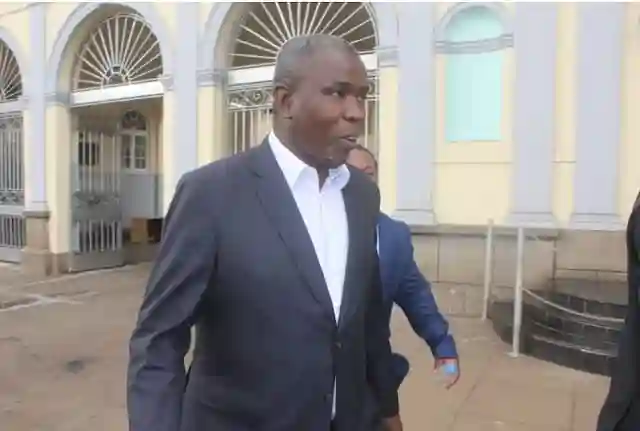Zimbabwe’s new sovereign wealth fund, the Mutapa Investment Fund, reportedly paid a “grossly inflated” US$1.6 billion, which is 5 per cent of GDP, for shares in Kuvimba Mining House.
According to the latest The Sentry report, the secretive payment of US$1.6 billion was made to unknown private individuals to buy their shares in the mining conglomerate with recent links to Kudakwashe Tagwirei, a presidential adviser and ZANU PF donor.
The Sentry is a US-based investigative organisation that tracks corruption.
In a report published on Wednesday, The Sentry said US$1.6 billion in public debt was used by the Mutapa Investment Fund (formerly known as the Sovereign Wealth Fund of Zimbabwe), to purchase shares in Kuvimba, which owns about a dozen gold, lithium, nickel and platinum mines. It said:
The Sentry’s analysis suggests that Mutapa paid a grossly inflated price for the shares.
The report stated that until recently, the state had owned 65% of Kuvimba and private investors had held 35% of the shares. Said The Sentry report:
A $1.6-billion price tag for a 35% stake would value Kuvimba at US$4.6 billion overall — triple the $1.5-billion valuation given to Kuvimba by the government in 2022. This would raise serious questions about whether Mutapa has grossly overvalued the shares.
A $4.6-billion valuation would also be much more than the amount that Tagwirei’s firms spent in 2019 on acquiring the mines before they transferred the assets to Kuvimba in 2020.
Rising gold prices since 2020 might explain some of the increase in Kuvimba’s value. Said The Sentry:
However, a $4.6-billion valuation seems distinctly frothy given that Kuvimba’s other mines have had mixed fortunes: Declining lithium prices have caused stockpiling, and the firm’s platinum and nickel projects are either inactive or loss-making.
Tagwirei has denied links to Kuvimba, but previous reports have linked him to the mining conglomerate. Said The Sentry report:
In 2021, The Sentry revealed how Tagwirei was a secret owner of up to 35% of Kuvimba. Tagwirei and Kuvimba deny he owns the shares, but authorities refuse to identify who received the US$1.6 billion payment for the 35% stake.
The secretive payment of US$1.6 billion to undisclosed private individuals poses a threat to Zimbabwe’s debt restructuring negotiations, exacerbating the country’s liabilities.
Zimbabwe currently faces debt distress, impeding its ability to secure affordable loans from development banks due to previous defaults and significant arrears.
The African Development Bank (AfDB) is actively guiding Zimbabwe and its creditors toward a structured debt restructuring process.
According to The Sentry report, lenders may find little reassurance in the fact that Zimbabwe’s debt has surged to $21 billion, especially considering that new debt equivalent to 5% of GDP seems to have been issued to compensate shareholders in Kuvimba, potentially linked to a politically connected businessman. It said:
The point of sovereign wealth funds is to preserve and grow wealth to benefit Zimbabwean citizens. If the report of $1.6 billion paid to Kuvimba’s private investors is true, Zimbabwean taxpayers — who will have to repay this debt — should be angry that one of the first acts of their new sovereign wealth fund may have been to allocate wealth from the many to the few.
More: Pindula News

